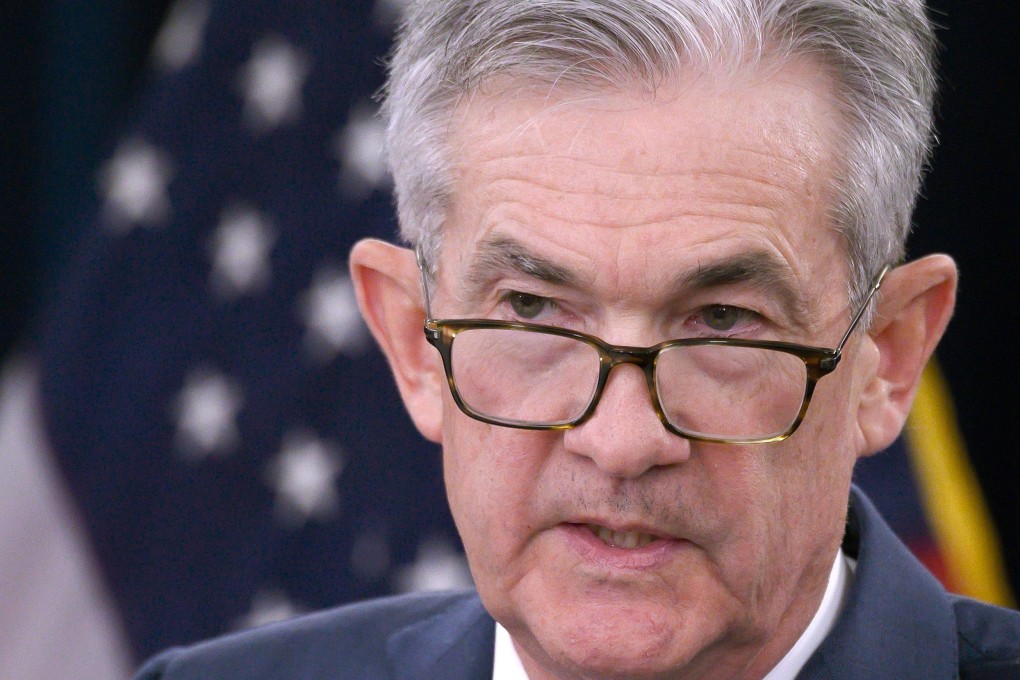Editorial | Both Wall Street and Hong Kong streets have impact on the city’s markets
- It must be a new and profoundly disturbing experience for local investors and homebuyers to have to pay attention not only to the US Fed’s rate movement and international trade tensions, but also domestic political unrest

There has certainly been blood on the streets of Hong Kong. But the smattering may not have reached the amount required by the infamous investment advice of the influential Baron Rothschild banking family on the best time to buy.
That may be why the city’s widely watched property market has not budged. The interest rate movement in the United States may be partly responsible.
As expected, the US Federal Reserve has cut interest rates by 25 basis points, or 0.25 percentage points. As required by the US dollar peg, the Hong Kong Monetary Authority, Hong Kong’s de facto central bank, followed with a cut to the base lending rate by the same 25 basis points to 2.50 per cent, the first in over a decade.
Lower rates will hopefully provide some respite for the Hong Kong economy, which has been battered by an ongoing trade war between Beijing and Washington, a slowing of the mainland Chinese economy, and unrest in Hong Kong fuelled by anti-government sentiments.
However, mortgage holders hoping for lower payments will be disappointed. Local banks are not following with their own rate cuts. Even so, the US’ central bank, the Federal Reserve, and the HKMA cuts at least provide some psychological support for local market sentiments battered in recent weeks by the turbulence, some of which has turned violent.
